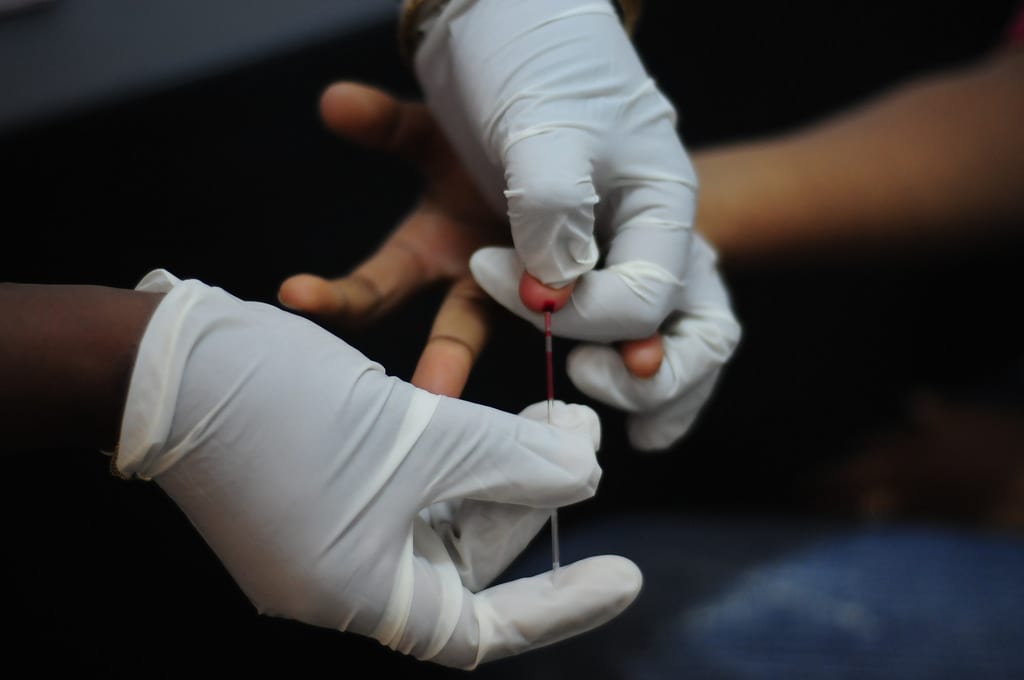“Suburban” residents bar access for HIV survey


A national HIV survey, the results of which will be used to inform future health policies, has the potential to be compromised by suburban residents who have refused field-workers access in to “gated communities”.
This is according to Professor Geoff Setswe, one of the principle investigators for the Human Science’s Research Council’s (HSRC) HIV survey, who spoke at the public launch of the project in Houghton, Johannesburg on Tuesday afternoon.
“Yes, they have previously been a problem so we’re trying to do a few new things, like all of our field-workers will be wearing a HSRC bib and will carry HSRC identification with them,” he said. “Gated communities don’t want to participate because they don’t have trust. We are trying to make our field-workers visible. There will be workers from all race groups.”
Additions to survey
This is the fifth National HIV and Health Study, but it is the first to include sections on drugs and alcohol as well as the relationship between HIV and mental health.
The study, which aims to estimate the prevalence of HIV in the country and what issues drive new infections, will take 9 months to complete and will include 60 000 people living in about 22 000 households.
1000 households have already agreed to participate, according to the study’s principal investigator Professor Leickness Simbayi.
Challenges with access
 “However, these are early days… Field-workers have noted challenges on gaining access to some households in certain neighbourhoods particularly the suburban areas,” he said. “To truly inform our health policies and make decisions that will benefit our entire country, the survey must include a scientifically selected sample that is representative of the whole country, rich or poor and of all education levels.”
“However, these are early days… Field-workers have noted challenges on gaining access to some households in certain neighbourhoods particularly the suburban areas,” he said. “To truly inform our health policies and make decisions that will benefit our entire country, the survey must include a scientifically selected sample that is representative of the whole country, rich or poor and of all education levels.”
Sello Hatang, chief executive of the Nelson Mandela Foundation which hosted the launch, said that we “owe it to future generations to deal with any disease that comes our way, especially this one, with dignity.”
“Madiba was strong on this.” – Health-e News.
Author
Republish this article
This work is licensed under a Creative Commons Attribution-NoDerivatives 4.0 International License.
Unless otherwise noted, you can republish our articles for free under a Creative Commons license. Here’s what you need to know:
You have to credit Health-e News. In the byline, we prefer “Author Name, Publication.” At the top of the text of your story, include a line that reads: “This story was originally published by Health-e News.” You must link the word “Health-e News” to the original URL of the story.
You must include all of the links from our story, including our newsletter sign up link.
If you use canonical metadata, please use the Health-e News URL. For more information about canonical metadata, click here.
You can’t edit our material, except to reflect relative changes in time, location and editorial style. (For example, “yesterday” can be changed to “last week”)
You have no rights to sell, license, syndicate, or otherwise represent yourself as the authorized owner of our material to any third parties. This means that you cannot actively publish or submit our work for syndication to third party platforms or apps like Apple News or Google News. Health-e News understands that publishers cannot fully control when certain third parties automatically summarise or crawl content from publishers’ own sites.
You can’t republish our material wholesale, or automatically; you need to select stories to be republished individually.
If you share republished stories on social media, we’d appreciate being tagged in your posts. You can find us on Twitter @HealthENews, Instagram @healthenews, and Facebook Health-e News Service.
You can grab HTML code for our stories easily. Click on the Creative Commons logo on our stories. You’ll find it with the other share buttons.
If you have any other questions, contact info@health-e.org.za.
“Suburban” residents bar access for HIV survey
by Amy Green, Health-e News
February 22, 2017
MOST READ
Prolonged power outage leaves hospitals in the dark for two days
There’s more to self-care than scented candles or massages, it’s a key public health tool
Malaria can’t be beaten without political will and more funding
Access to clean water and stable electricity could go a long way to addressing rising food poisoning in SA
EDITOR'S PICKS
Related



